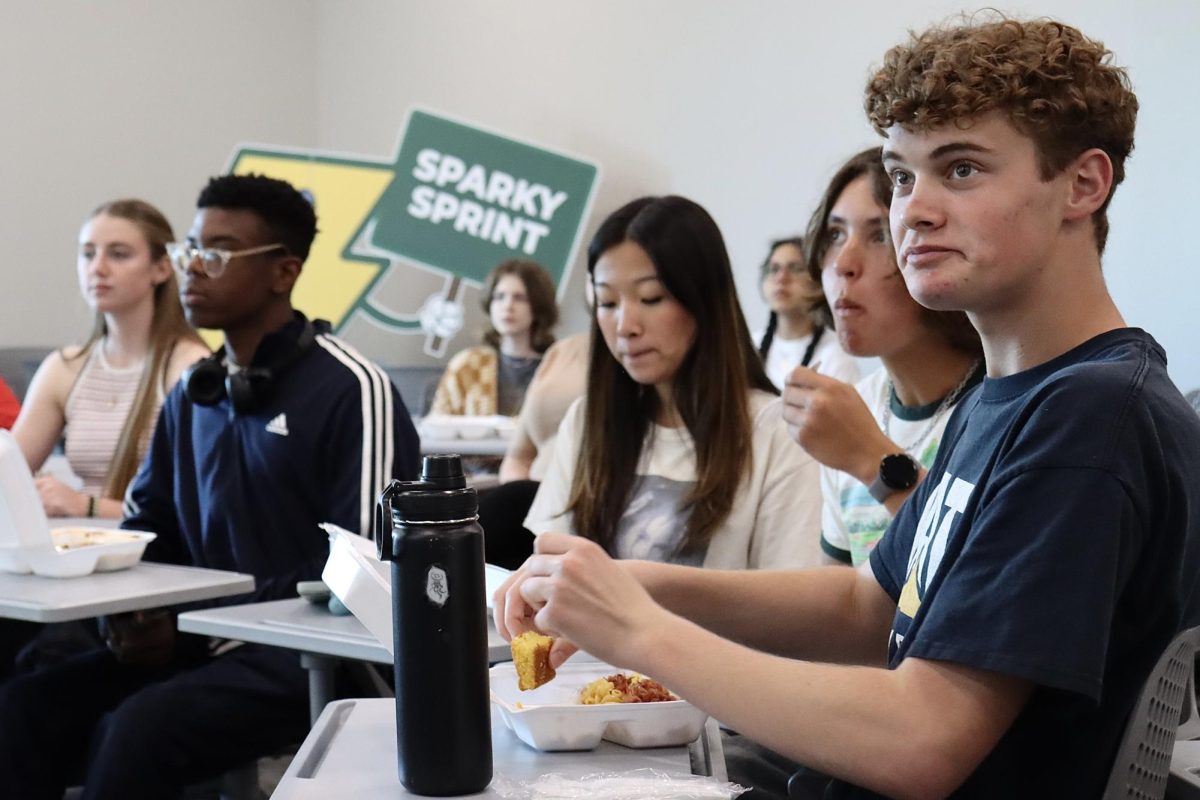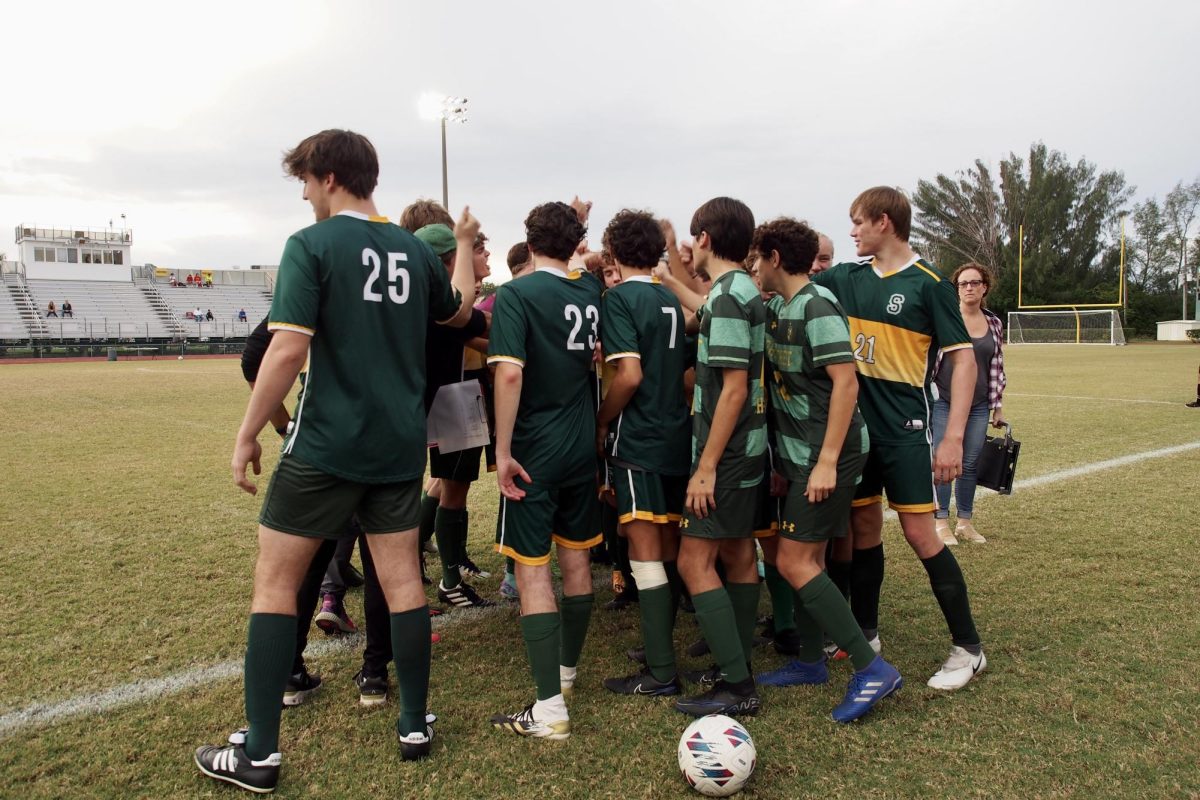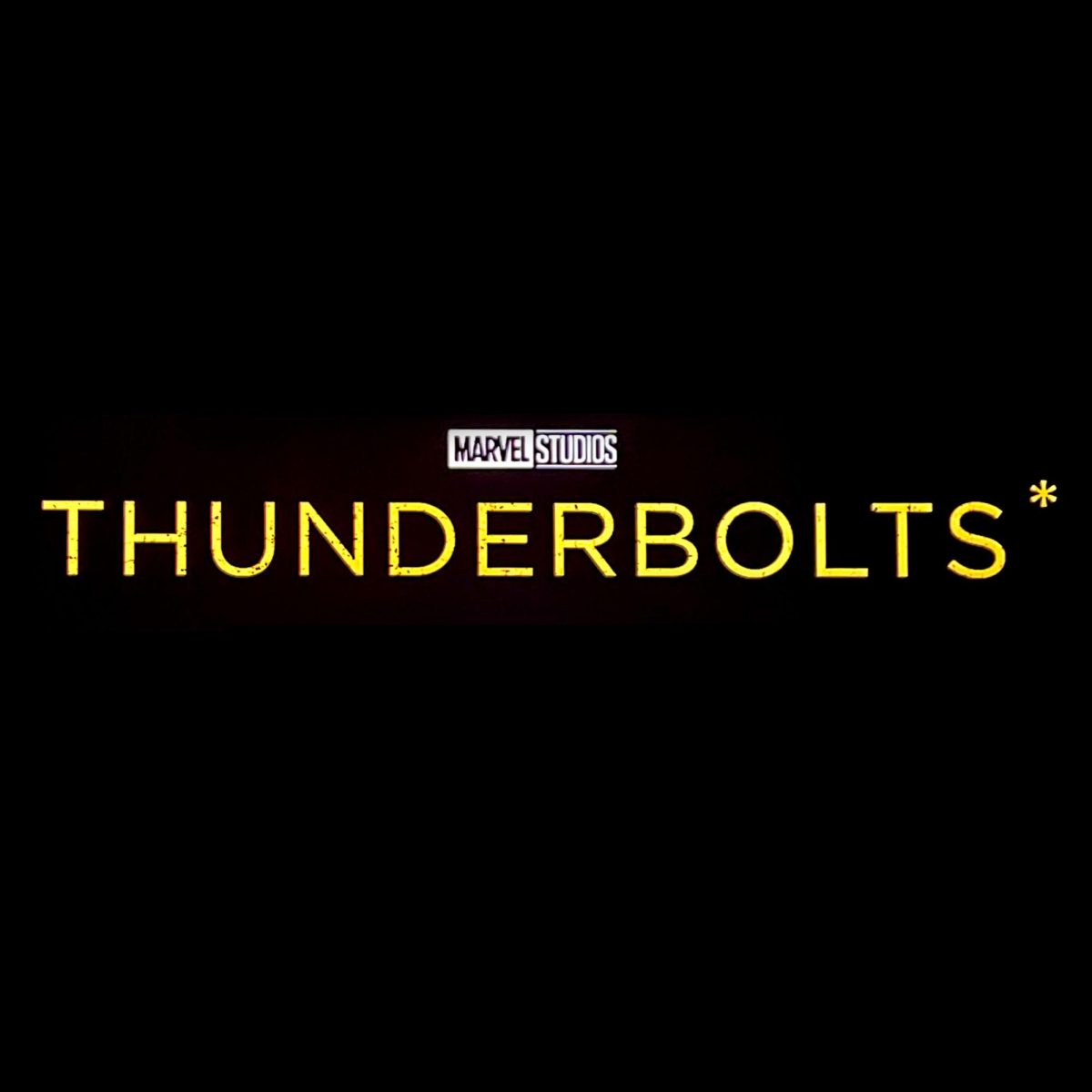
Childhood: the formative years of every person’s life. In the 21st century, much of this time is spent in front of the TV, desperately clinging to characters they’ll claim as their heroes for years to come. But, the best heroes aren’t always the ones that don a cape or have the coolest costume—they’re the everyday ones who make mistakes and grow from them.
This has always been the mantra of the Marvel Cinematic Universe (MCU), which is one of the greatest reasons they rose to popularity during the 2010s. Many have come to idolize their iconic protagonists, from Tony Stark/Iron Man to Natasha Romanoff/Black Widow; however, recently, the MCU has been off their game, resulting in a line of major movie flops. With their newest release Thunderbolts* hitting theaters, fans can’t help but wonder if their losing streak will continue.
So, why has one of the “highest-grossing franchises of all time,” once raking in more than $30 billion, suddenly lost its swagger?
One core difference between now and then has to be the quantity and quality of characters. From its beginning in 2008 to 2019, Marvel released an average of 1-2 films annually, allowing them more time to work on better developing unique protagonists that would make fans eager to see more. Even in a year where they released two films, they often spent that time building upon a character’s storyline that they had established previously, such as the release of Avengers: Endgame and Spider-Man: Far From Home—the sequel to 2017’s Spider-Man: Homecoming—in 2019, directly picking up Peter Parker’s story where it left off in both his first solo film and most recent appearance in Endgame.
However, starting in 2021, they began releasing an average of 3 films, and rather than expanding upon pre-existing storylines, Marvel chose to introduce a variety of new characters with little correlation to one another, such as in back-to-back releases Shang-Chi and the Legend of Ten Rings and Eternals.
While debuting new characters is essential for major movie franchises in order to keep fans engaged, there must be intention behind these releases rather than simply releasing them in hopes of landing a potential moneymaker. Many longtime fans, like junior Hayden Hawkins, agreed with this sentiment. “It kind of felt like once the main, lovable cast was slowly disappearing from the movies, [Marvel] was just trying to keep going because they wanted more money, but you didn’t have that same connection to [the films] anymore,” she said.
Even when Marvel did attempt to release sequels to previous box-office successes on top of their pack of debut films, they didn’t turn out as planned.
A sequel to 2018’s hit Black Panther was already well in the works when the worst happened. Actor Chadwick Boseman, known for his captivating portrayal of titular protagonist T’Challa, tragically died from a years-long battle with colon cancer in 2020. The film’s director and co-writer Ryan Coogler had already started writing the sequel when this news reached his doorstep, meaning he had to scrap his previous storyline and create an entirely new one focusing on T’Challa’s sister, Shuri.
The result? Black Panther: Wakanda Forever received a rating of 84 percent on Rotten Tomatoes while its predecessor received a 96 percent. That’s a 12 percent difference. 12 percent may not seem like a lot, but when it comes to distinguishing a good movie from a great one, it can make a huge difference.
Despite the unforeseen event of Boseman’s passing, there were many other attributes that made this film flop. And it’s not just the critics that believe that—the fans agree.
On Google, Marvel fans gave Wakanda Forever 3.9 stars out of five, compared to the 4.5 stars Black Panther received. One reviewer said, “Good acting and nice effects, but [Disney] leaves the film feeling underwhelmed by a silly plot…[This movie has] been a severe drop from films like Iron Man, Avengers, [and] Dr. Strange to what Disney is currently pushing out. I’ll probably stop wasting time on these new releases and maybe the drop in viewership will force Disney to get back to the entertainment business.”
Boseman’s absence affected the film’s reception to a high degree. Although many big names returned for the sequel, like Lupita Nyong’o and Angela Bassett, their characters just didn’t click with the audience as well without his performance.
Despite the evidence that not even a star-studded cast can save the MCU, they leave themselves at risk to repeat the same mistake in Thunderbolts*: lots of protagonists, little plot.
The cast includes Little Women’s Florence Pugh, Stranger Things’ David Harbour, Star Wars’ Harrison Ford, and none other than seasoned MCU star Sebastian Stan, who’s reprising his role as Bucky Barnes. The acting is certainly on-par, as to be expected from their impressive repertoires, but will that be enough this time?
While many believe the movie to be a solidly composed piece, according to a positive reception by critics and fans, it still feels to several who’ve been following the franchise since its inception as though there’s a hole in the crown where the gemstone—or rather, the Infinity Stone—of Marvel’s pinnacle success used to be.
“I have nothing against these current characters. I really do love some of them…It just feels different because they were background characters [before], but now they’re moving to the spotlight, and it’s almost like you feel like you have to forget Captain America and Iron Man to enjoy these movies,” said Hawkins, her gaze drifting off into the distance, eyes brimming with nostalgia. “As a longtime Marvel fan, it just hurts to see those characters gone and try to love these new ones. It’s just not the same.”

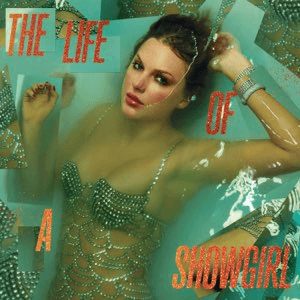

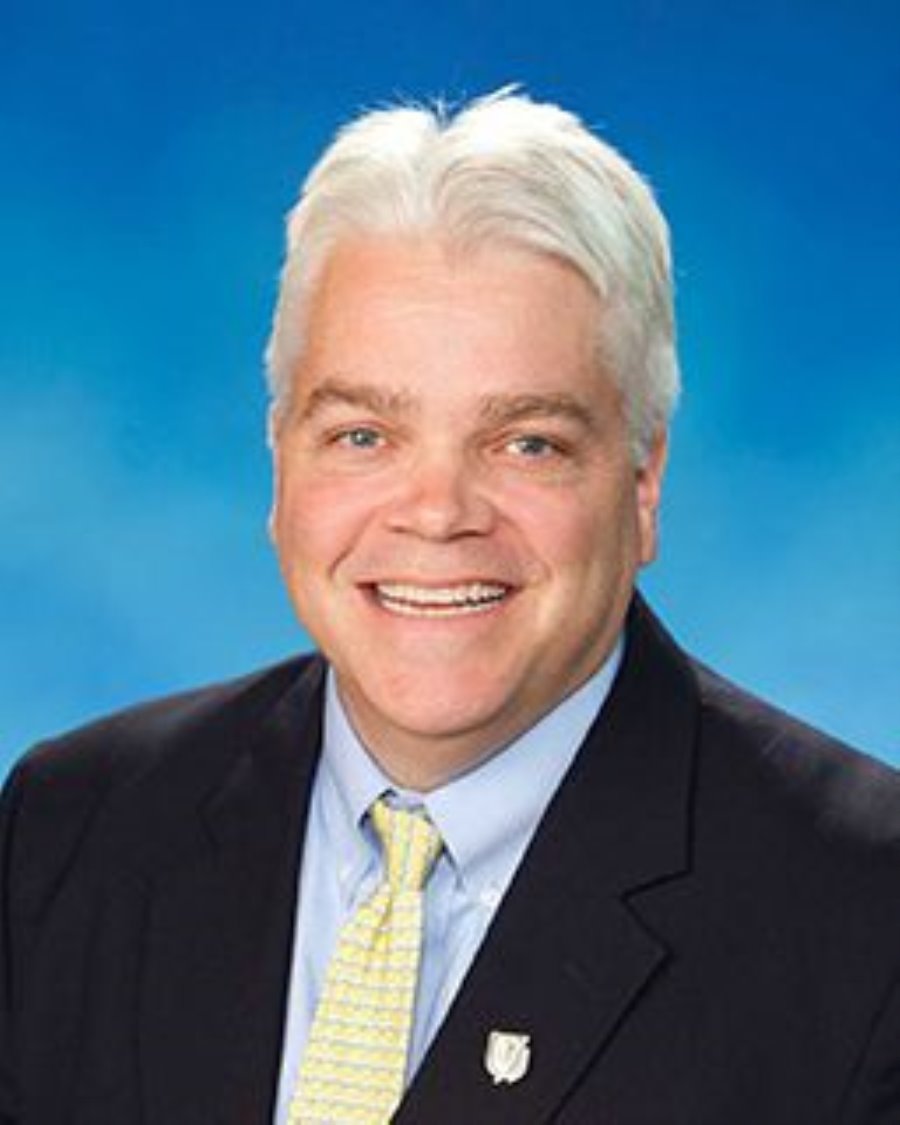



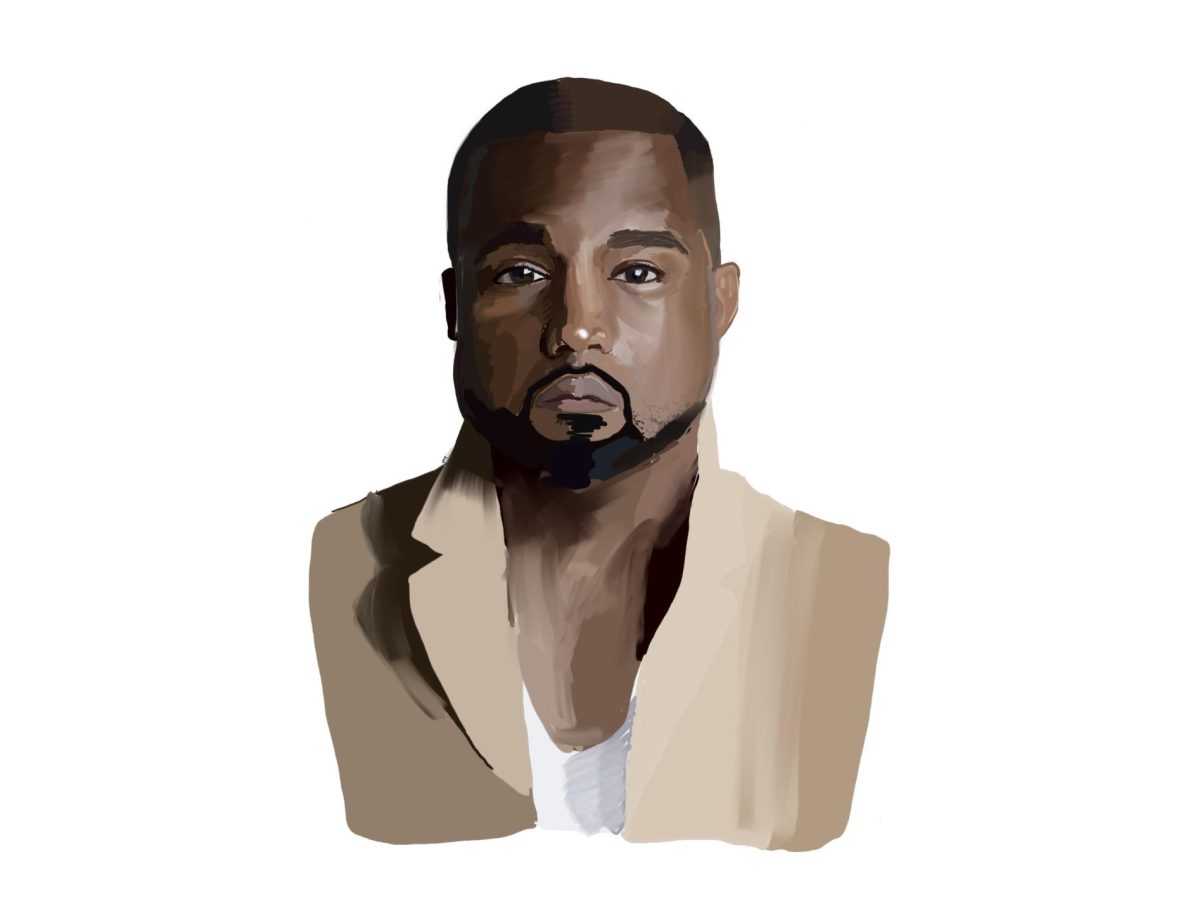







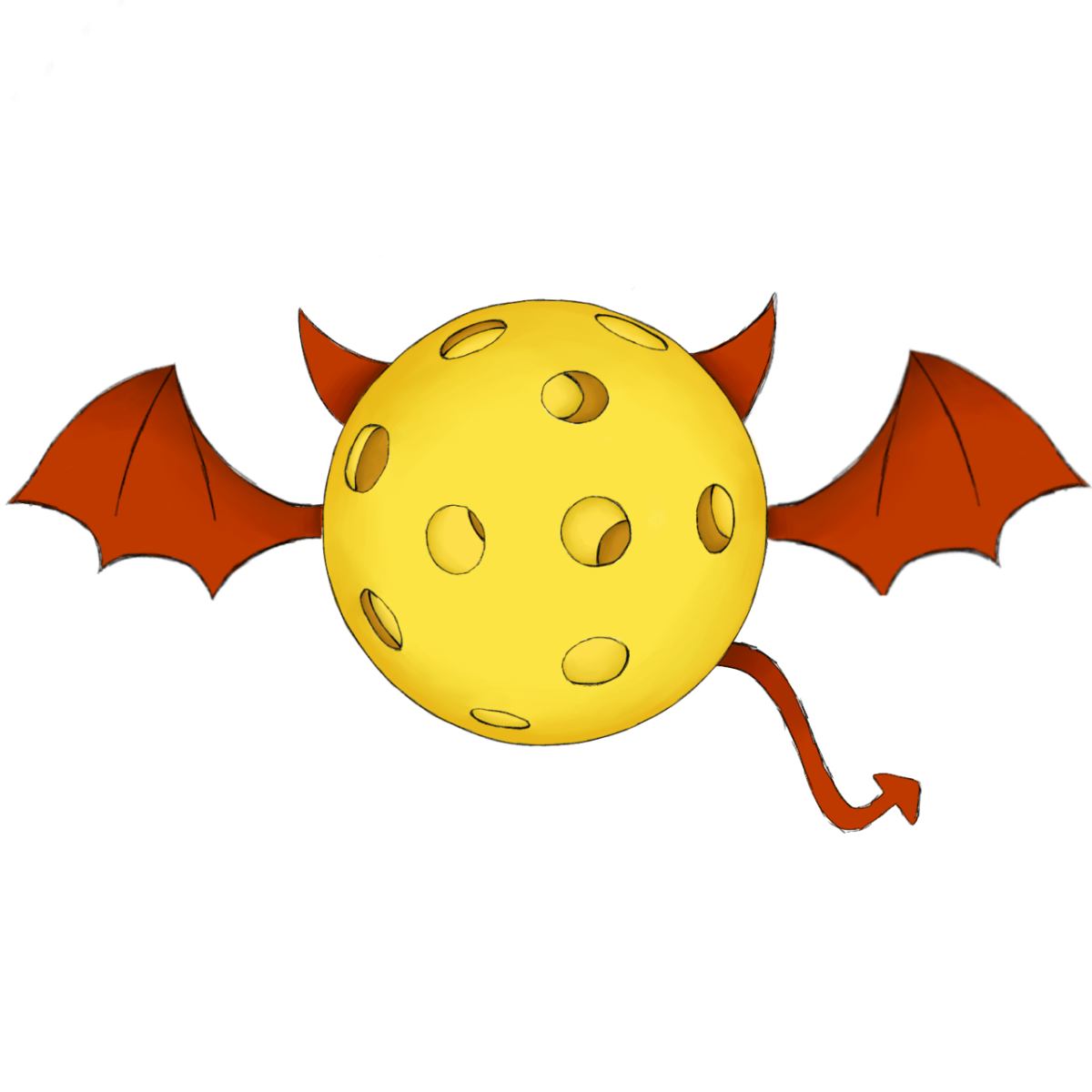

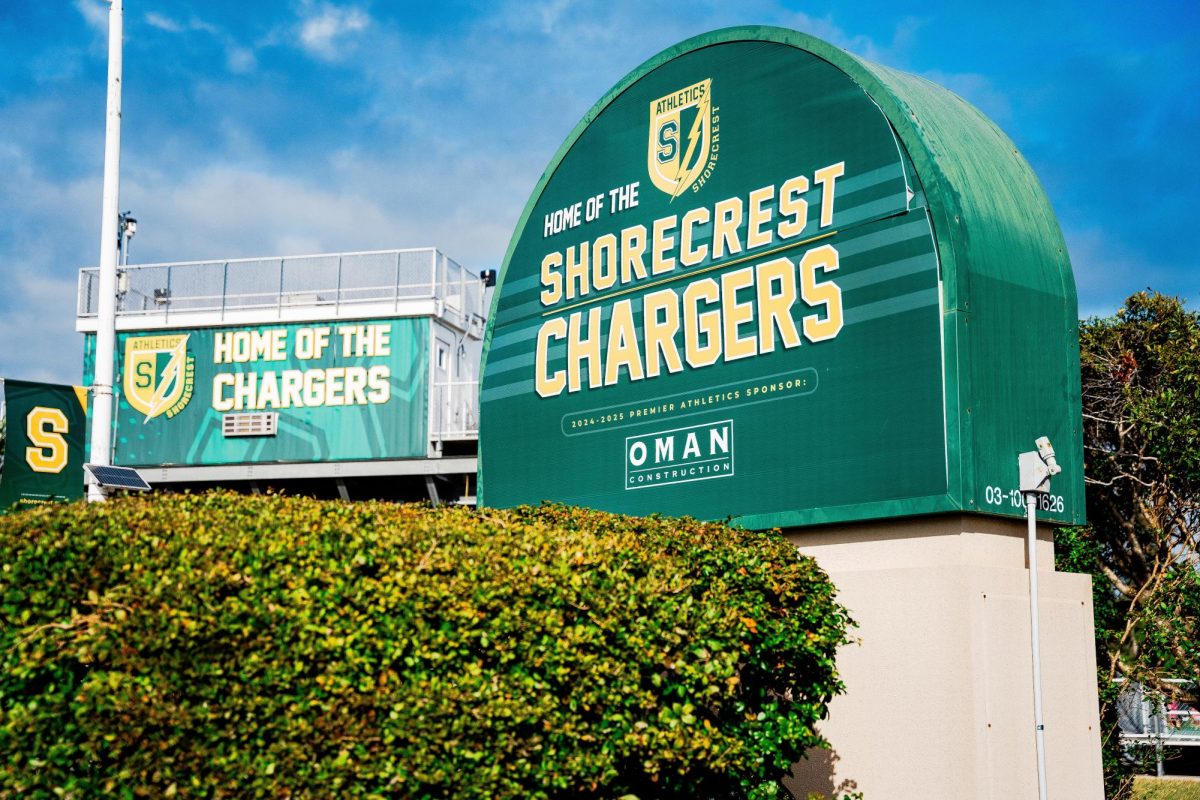





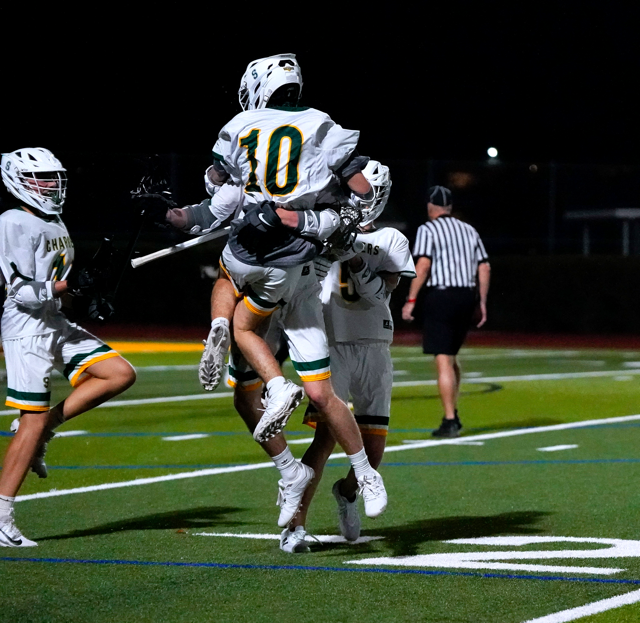


![Thespians pose on a staircase at the District IV Thespian Festival. [Front to back] Luca Baker, Maddison Cirino, Tanyiah Ellison, Alex Lewis, Summer Farkas, Jill Marcus, Ella Mathews, Sanjay Sinha, Isabella Jank, Sofia Lee, Boston Littlepage-Santana, Sally Keane, Tyler Biggar, Tanner Johnson, Jasper Hallock-Wishner, Remy de Paris, Alex Jank, Kaelie Dieter, and Daniel Cooper. Photo by Michael McCarthy.](https://spschronicle.org/wp-content/uploads/2024/12/image1-900x1200.jpg)





